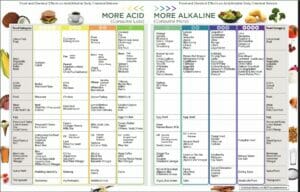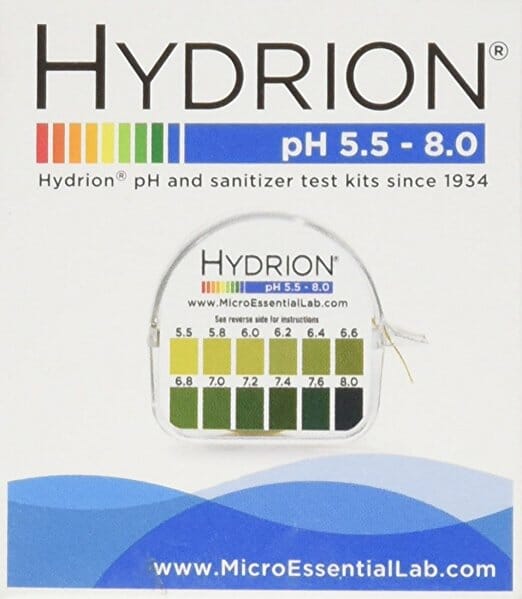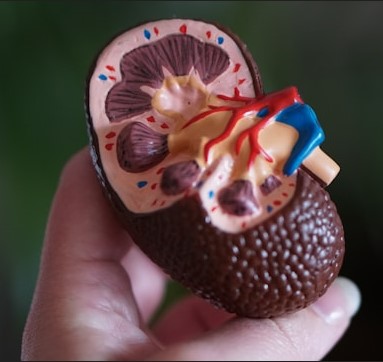 In PART 1 HERE, I discussed the reason we should care about acidity and alkalinity.
In PART 1 HERE, I discussed the reason we should care about acidity and alkalinity.
Research shows that diets consisting of highly alkaline foods — fresh vegetables, fruits and unprocessed plant-based sources of protein, for example — result in a more alkaline urine pH level, which helps protect healthy cells and balance essential mineral levels.
A scientific review published in the “Journal of Environmental and Public Health” in 2012 suggests that a diet based heavily on alkaline foods can benefit your health.
Here are my top ten tips for adding more alkaline foods to your diet.
- Cooked or raw, dark green leafy vegetables are among the most alkaline of all vegetables.
- Alkaline forming fruits are lemons, oranges, cherries, dates, figs, nectarines, pears, watermelon, apples, bananas, and avocados.
- Jicama, kale, sweet potatoes, cabbage, cauliflower, celery, bell peppers, beets, eggplant, cucumber, lettuces, mushrooms, squashes (including pumpkin), greens, and most herbs and spices.
- Instead of heavy condiments and sauces, use alkaline options such as ginger and garlic in your cooking!
- Instead of frozen vegetables (more acidic), get to the grocery store or your local farmers market for fresh, organic options
- Try to eliminate anything out of a can or a box, including most of the options in the freezer aisle.
- Reduce wheat flour, white flour, beef, shell fish, cheese and dairy, processed foods.
- Replace spagehtti with spaghetti squash
- If you drink one can of soda it takes 32 8oz. glasses of water to neutralize it. Drink lots of water!
- Use cucumber and jicama to dip in your guacamole!





























